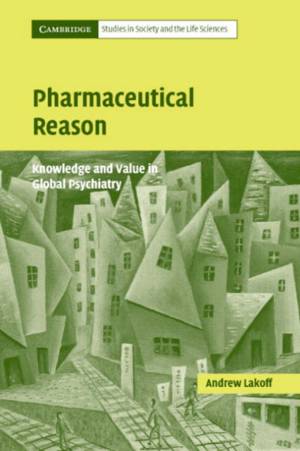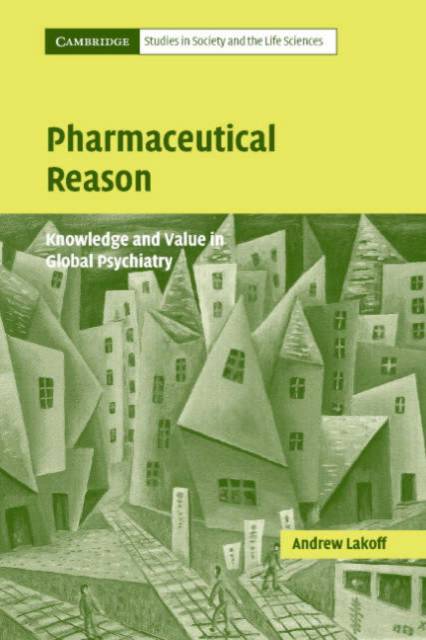
- Afhalen na 1 uur in een winkel met voorraad
- Gratis thuislevering in België vanaf € 30
- Ruim aanbod met 7 miljoen producten
- Afhalen na 1 uur in een winkel met voorraad
- Gratis thuislevering in België vanaf € 30
- Ruim aanbod met 7 miljoen producten
Zoeken
€ 74,95
+ 149 punten
Uitvoering
Omschrijving
When a French biotechnology company seeks patients in Buenos Aires with bipolar disorder for its gene discovery program, they have unexpected trouble finding enough subjects for the study. In Argentina, the predominant form of mental health expertise - psychoanalysis - does not recognize the legitimacy of bipolar disorder as a diagnostic entity. This problem points to a broader set of political and epistemological debates in global psychiatry. Drawing from an ethnography of psychiatric practice in Buenos Aires, Andrew Lakoff follows the contested extension of novel techniques for understanding and intervening in mental illness. He charts the globalization of the new biomedical psychiatry, and illustrates the clashes, conflicts, alliances, and reformulations that take place when psychoanalytic and biological models of illness and cure meet. Highlighting the social and political implications that new forms of expertise about human behavior and thought bring, Lakoff presents an arresting case study that will appeal to scholars and students alike.
Specificaties
Betrokkenen
- Auteur(s):
- Uitgeverij:
Inhoud
- Aantal bladzijden:
- 220
- Taal:
- Engels
- Reeks:
Eigenschappen
- Productcode (EAN):
- 9780521546669
- Verschijningsdatum:
- 30/01/2006
- Uitvoering:
- Paperback
- Formaat:
- Trade paperback (VS)
- Afmetingen:
- 154 mm x 228 mm
- Gewicht:
- 344 g

Alleen bij Standaard Boekhandel
+ 149 punten op je klantenkaart van Standaard Boekhandel
Beoordelingen
We publiceren alleen reviews die voldoen aan de voorwaarden voor reviews. Bekijk onze voorwaarden voor reviews.











